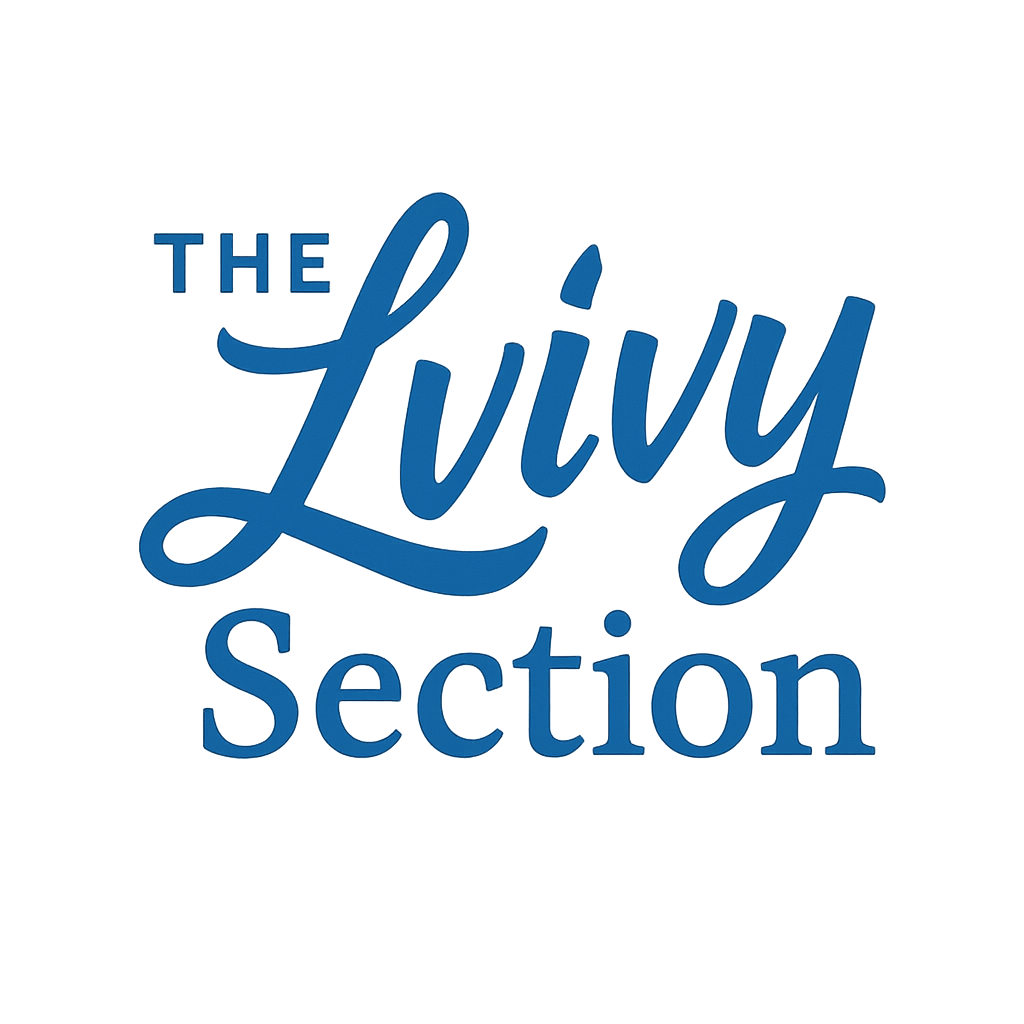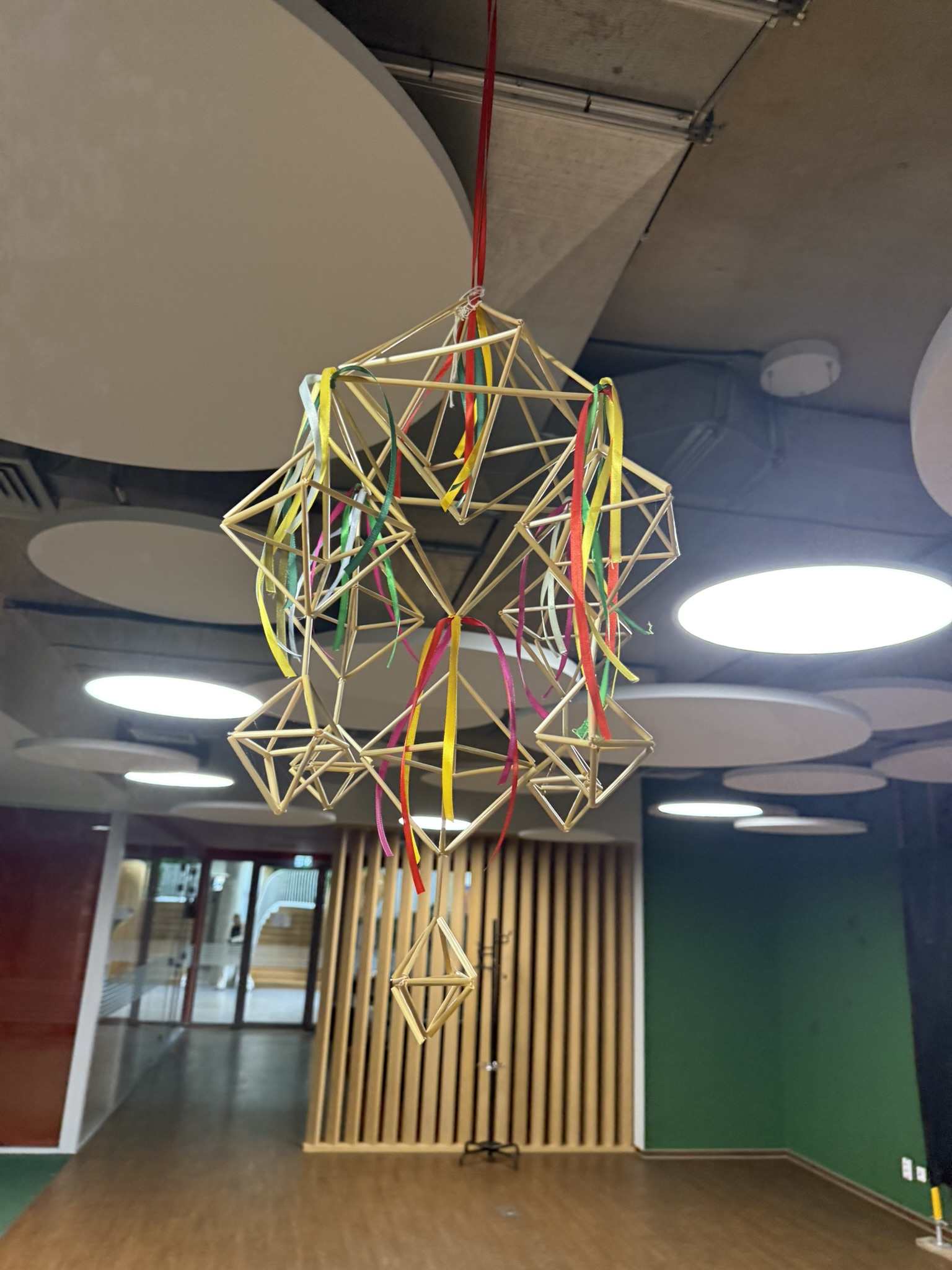The war directly impacts Ukrainians in many ways I cannot fathom as a foreigner — I will elaborate on that in another post. The war does impact me still, though. In this post I’ll elaborate what it means to study in a country at war.
Shelters and air raids
On the very first day, we already got to experience the bomb shelter twice — before we even met the staff. Lviv is lucky because it is rarely targeted by the air raids; Lviv’s value is cultural but not military. Many other cities are not so lucky and suffer death and destruction on a regular basis.
Being relatively safe does not mean the war doesn’t impact us. Being woken by an alert and going to the shelter in the middle of the night makes a real impact on well-being. For example: when I’m getting dressed and walk ten stairs to reach the shelter, I’m fully awake. Never mind the artificial light, the cold, the snoring, sleeping on a couch at best — I simply won’t get any sleep. During the last air raid in the middle of the night, I simply started doing homework.
Here’s a list of air raids we have experienced so far.
- 2025-06-09 from 03:00 to 05:30 — broken sleep
- 2025-06-09 from 09:00 to 09:30 — classes move to shelter
- 2025-06-15 from 02:00 to 02:30 — broken sleep
- 2025-06-17 from 01:30 to 04:15 — broken sleep
- 2025-06-18 from 11:45 to 12:00 — classes move to shelter
- 2025-06-21 from 03:20 to 04:10 — stayed in room and slept
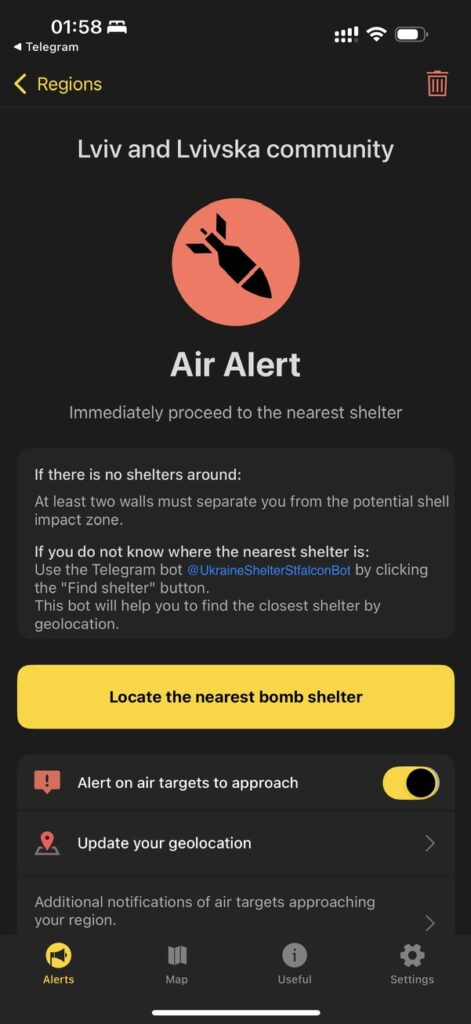
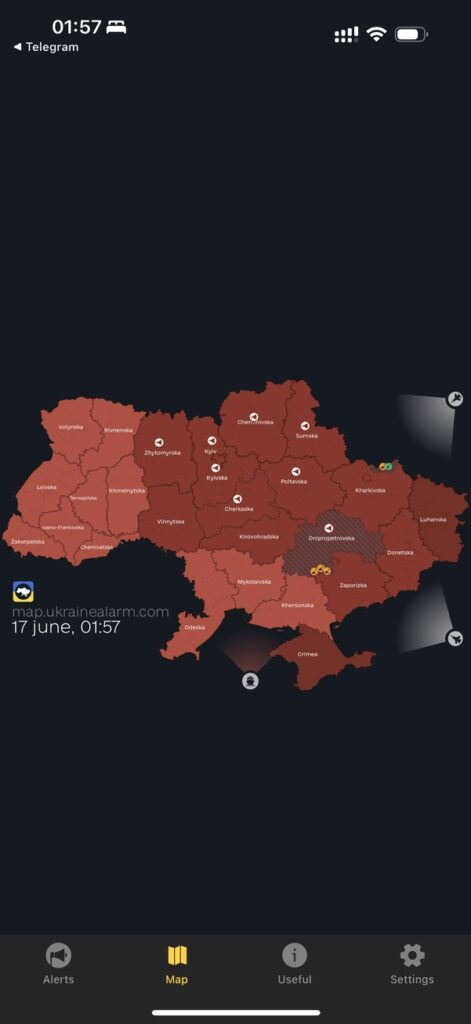
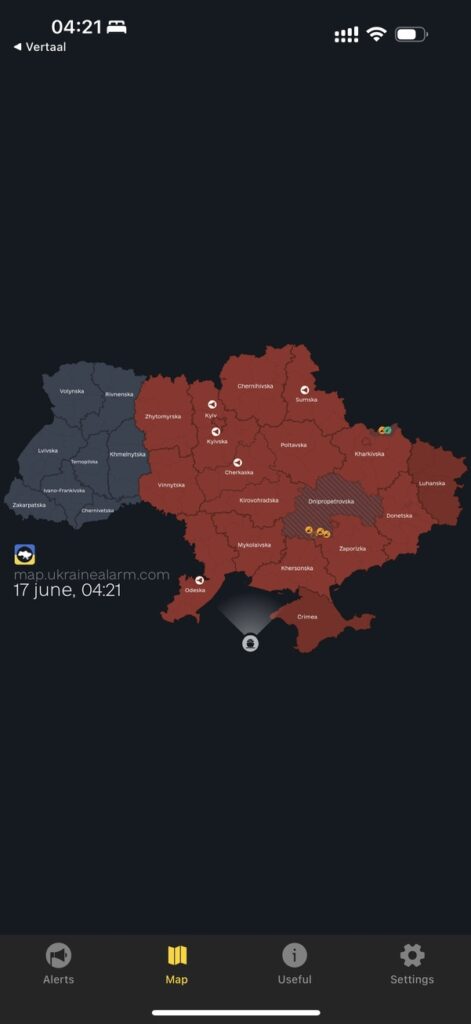
Curfew (00:00 to 05:00)
There is a national curfew from 00:00 to 05:00. I do hear some cars after 00:00, though. Some of the drivers seem to use the empty streets as racing tracks. The curfew aims to reduce opportunities for sabotage and to protect civilians — by keeping them off the street and behind walls.
Dormitory rules impose an even stricter curfew (starting at 23:00). I can manage that, but it does feel uncomfortable for my daily schedule to be rushed and controlled externally.
A minute of silence at 9:00
Every day at 9:00 sharp, the church bells toll and an announcement is made over the campus-wide intercom. Everyone in the country is supposed to stand-up, stand still and be silent for a minute. The bells toll and the announcement ticks the seconds until one minute passes.
The Ukrainians are still finding out how to prevent the ‘normalisation’ of the war — and I suppose this ritual especially keeps the safe territories (like Lviv) involved.
Shifting perspectives
The air raid alerts and the curfew are minor inconveniences compared to the horrors that the air raids can bring.
I’ve noticed both locals and foreigners shifting perspectives back-and-forth, though. Sometimes, it feels cathartic to disregard the threat of the air raids and ignore the alerts, because it is such an inconvenience. And then you need to think that your ‘inconvenience’ means lives may be saved because of it, so it’s a small price. But then you consider that your daily life must go on as well, and a broken night definitely harms you — whereas an air raid has a minute chance to do so. It seems impossible to avoid or conclude this cyclical thinking.
In conclusion
Studying in wartime Lviv is very well possible because the Ukrainians, and students, adapt. The impact on my study and well-being is manageable for now — but not without cost. The situation cannot go on forever — the air raid alerts are exhausting, the curfews limit freedom, the minute of silence will lose its ritualistic impact over time. Therefore, it is important we …
In another post sometime soon, I will elaborate on the greater impact of the war on Ukrainian society — and the losses that no-one should have to ‘adapt to’ or ‘manage’…
(The image featured in this article is the Ukrainian ‘spider‘ in the shelter — it is supposed to bring good luck.)
